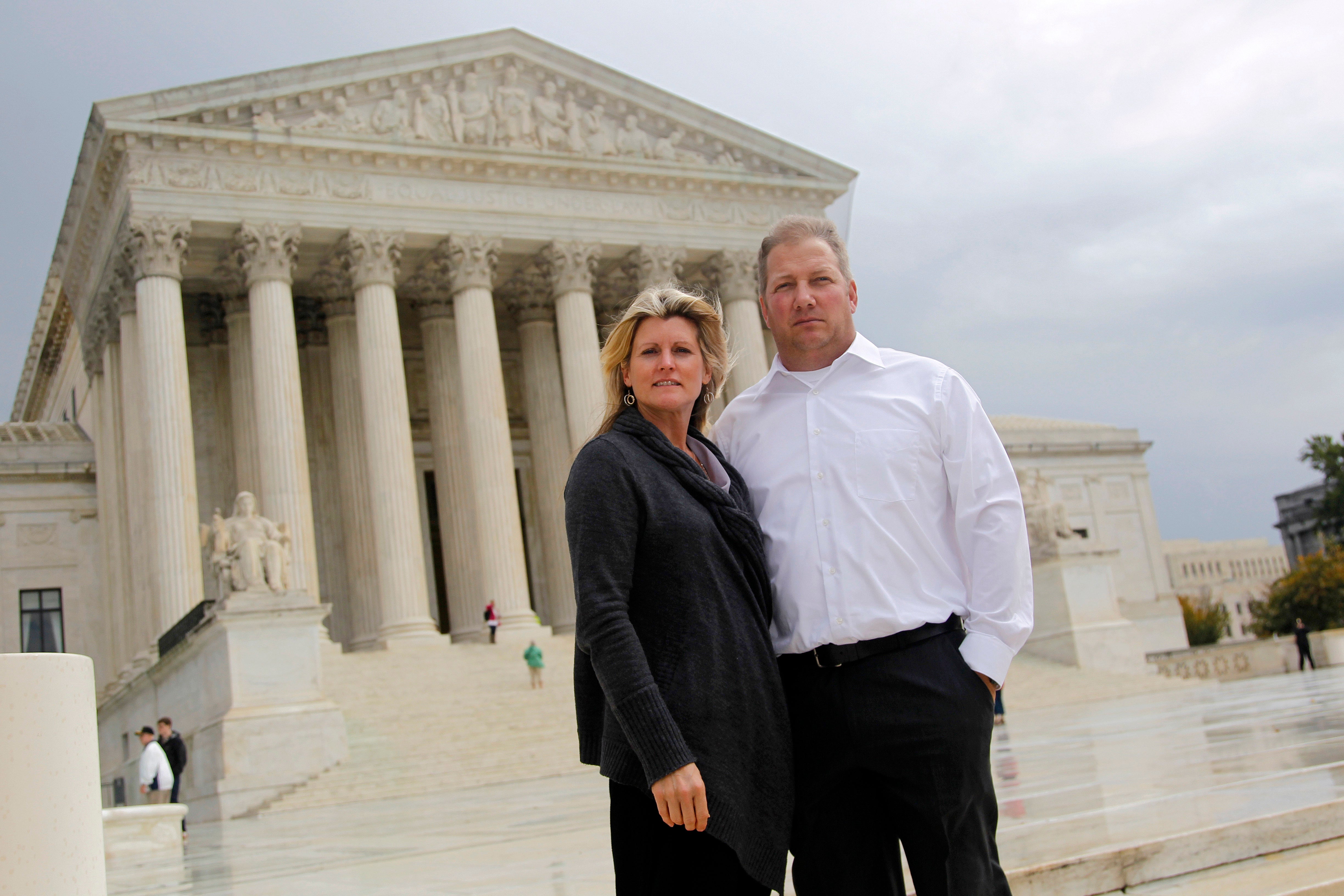Supreme Court limits federal power over wetlands, boosts property rights over clean water
The Supreme Court has made it harder for the federal government to police water pollution

Your support helps us to tell the story
From reproductive rights to climate change to Big Tech, The Independent is on the ground when the story is developing. Whether it's investigating the financials of Elon Musk's pro-Trump PAC or producing our latest documentary, 'The A Word', which shines a light on the American women fighting for reproductive rights, we know how important it is to parse out the facts from the messaging.
At such a critical moment in US history, we need reporters on the ground. Your donation allows us to keep sending journalists to speak to both sides of the story.
The Independent is trusted by Americans across the entire political spectrum. And unlike many other quality news outlets, we choose not to lock Americans out of our reporting and analysis with paywalls. We believe quality journalism should be available to everyone, paid for by those who can afford it.
Your support makes all the difference.The Supreme Court on Thursday made it harder for the federal government to police water pollution in a decision that strips protections from wetlands that are isolated from larger bodies of water.
It's the second decision in as many years in which a conservative majority of the court narrowed the reach of environmental regulations.
The justices boosted property rights over concerns about clean water in a ruling in favor of an Idaho couple who sought to build a house near Priest Lake in the state’s panhandle. They objected when federal officials identified a soggy portion of the property as a wetlands that required them to get a permit before building.
By a 5-4 vote, the court said that wetlands can only be regulated if they have a “continuous surface connection” to larger, regulated bodies of water.
The court jettisoned the 17-year-old opinion by their former colleague, Anthony Kennedy, that allowed regulation of wetlands that have a “significant nexus” to the larger waterways.
Environmental advocates had predicted that the narrowing the reach of the Clean Water Act would strip protections from more than half the wetlands in the country.